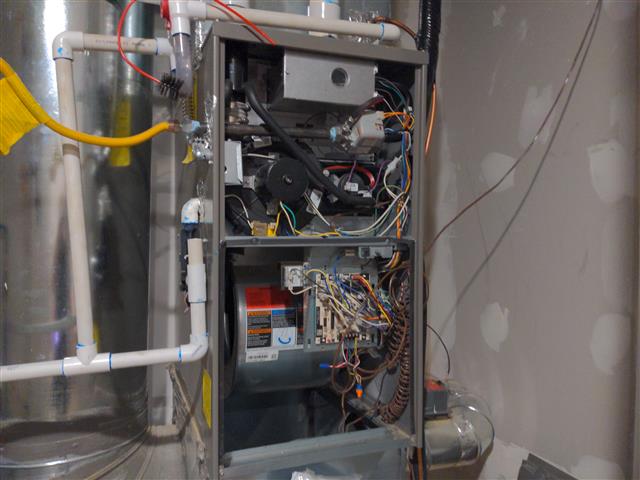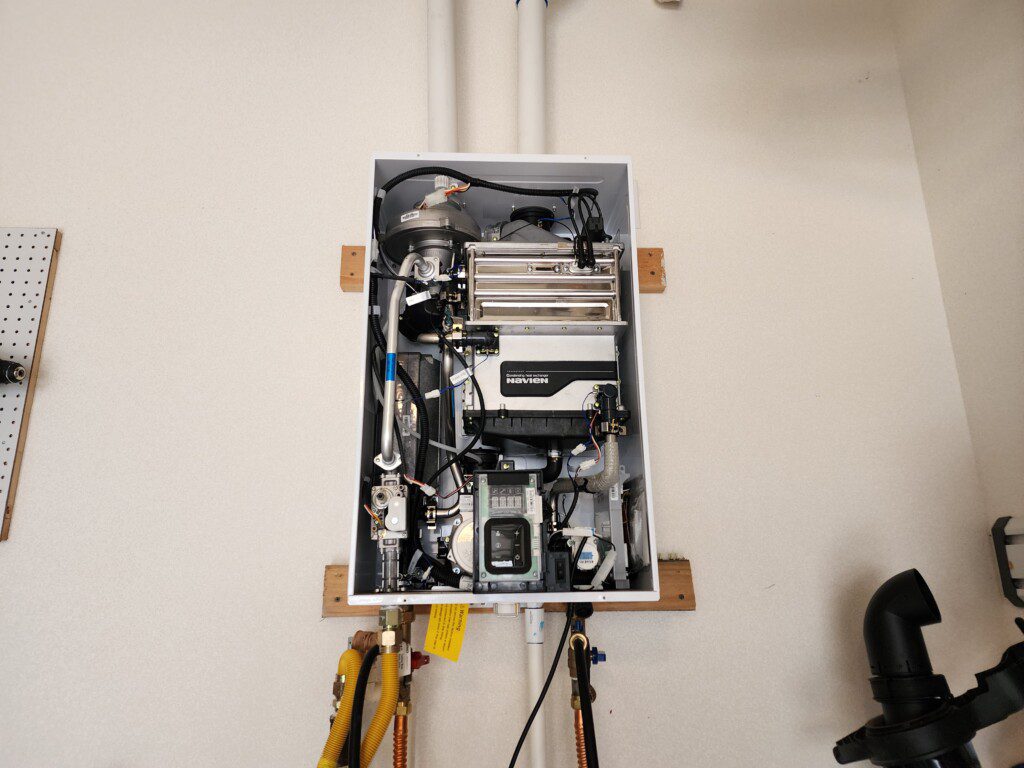
In addition to being more energy efficient, newer high efficiency gas appliances also tend to be much more reliable and durable than traditional gas appliances. They often feature advanced technology and design elements that make them better suited to withstand the demands of daily use, reducing the risk of breakage or malfunction and ensuring a long lifespan.
Another benefit of high efficiency gas appliances is that they can be much more convenient to install / utilize. For example, most high efficiency gas appliances can be vented horizontally, and through significantly smaller flue pipes with zero clearance to combustibles. Many furnaces can also be mounted vertically or horizontally, further expanding their applications for both new installations and retrofits. Not every aspect of high efficiency appliances can be said to be positive. High efficiency gas appliances require regular maintenance, typically more complicated, to ensure they operate safely and efficiently. The specific maintenance requirements will vary depending on the type of appliance. It is important to follow the manufacturer’s recommendations for maintenance and to have the appliance inspected by a licensed professional if there are any concerns or issues. Regular maintenance can help to prolong the life of the appliance, improve its efficiency, and ensure that it is operating safely.

There are many different types of high efficiency gas appliances available on the market today, including ranges, water heaters, boilers, and furnaces. When choosing a high efficiency gas appliance, it is important to consider your specific needs and preferences, as well as the size of your home and the cost of energy in your area. Additionally, it may be important to compare the prices of different models and to choose one that is affordable and fits your budget.
High efficiency gas appliances are a smart investment for anyone looking to save on their energy bills and reduce their carbon footprint. With their energy efficiency, reliability, and convenience, these appliances can help to make your home more comfortable and environmentally friendly, while also playing a critical role in addressing the effects of climate change.
